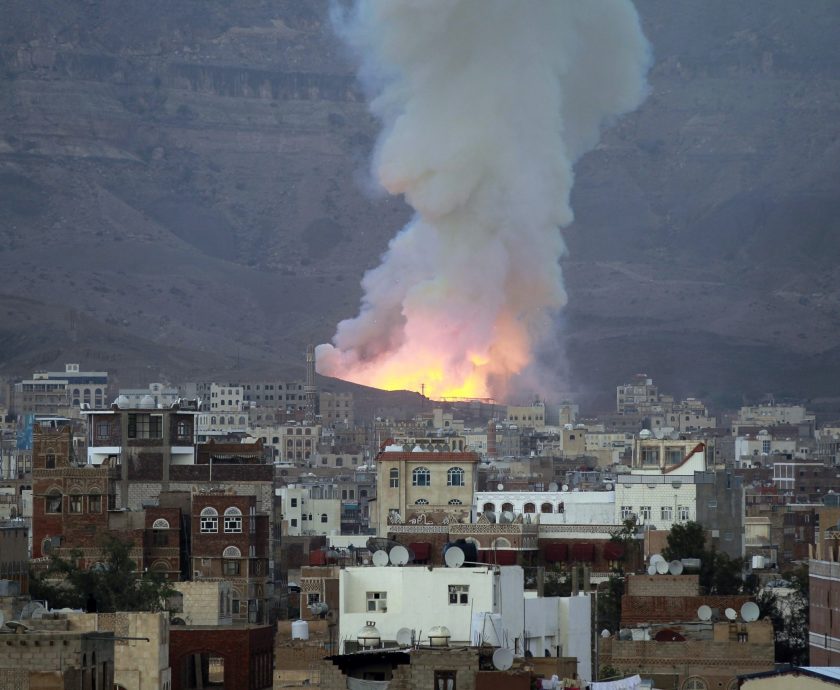Launch of the 2020 Humanitarian Response Plan for Libya
Tripoli, Benghazi, Sebha, 16 February 2020 – Since the outbreak of military hostilities in and around Tripoli on 4 April 2019, the already-dire humanitarian situation in Libya further deteriorated at alarming rates, affecting the living conditions of hundreds of thousands of civilians. With the aim to respond to the mounting humanitarian needs, the 2020 Humanitarian Response Plan was launched today in Tripoli, Benghazi and Sebha. A total of US$115 million is being sought to provide support to those in need, particularly the 345,000 of the most vulnerable people in Libya.
The 2020 Humanitarian Response Plan is the result of comprehensive analysis, a robust consultation process and joint efforts by national and international stakeholders. The plan projects that an overall number of 900,000 people will require some form of humanitarian assistance in 2020.
“While the humanitarian situation is even more difficult than it was last year, we are appealing today for less financial resources compared to 2019. This does not mean that the humanitarian needs have reduced, but enormous effort made by humanitarian actors and our Libyan counterparts helped us produce a more focused and prioritized plan designed to act as a catalyst for Libyan institutions, both national and local, to provide the assistance required by affected people” said Yacoub El Hillo, Humanitarian Coordinator for Libya.
Tens of thousands of Libyans, in addition to an increasing number of vulnerable migrants and refugees, continue to endure appalling hardship and suffering. The increasing use of explosive weapons has resulted in unnecessary loss of life, displacement, destruction and damage to vital civilian infrastructure, such as hospitals and schools. “The already fragile national systems, which are responsible for delivering basic services, have been pushed to the limits by the protracted conflict, resulting in an unprecedented level of shortages in essential services.” El Hillo added
Protection is at the core of the 2020 Humanitarian Response Plan, together with the provision of lifesaving food, shelter, health, water and sanitation and hygiene assistance. The Response Plan will also enable livelihoods support and improves access to basic services for the most vulnerable.
Twenty-five organizations, comprising nine United Nations agencies, 12 international and four national non-governmental organizations, will work in partnership with over 40 local community-based organizations in the implementation of 85 projects prioritized in the Humanitarian Response Plan this year.
“We are witnessing a protracted conflict in Libya, severely impacting civilians in all parts of the country on a scale that Libya has never seen before. We are committed to working closely with national and local authorities, and with the communities to complement Libyan efforts to address the increasing needs of those most affected by the conflict.” El Hillo pledged.
“Financing the 2020 Humanitarian Response Plan, from both Libyan and international donor sources, is an expectation we hold high and one that, when realized, will help save lives and reduce the suffering of civilians impacted by this senseless conflict in Libya.” concluded El Hillo.




